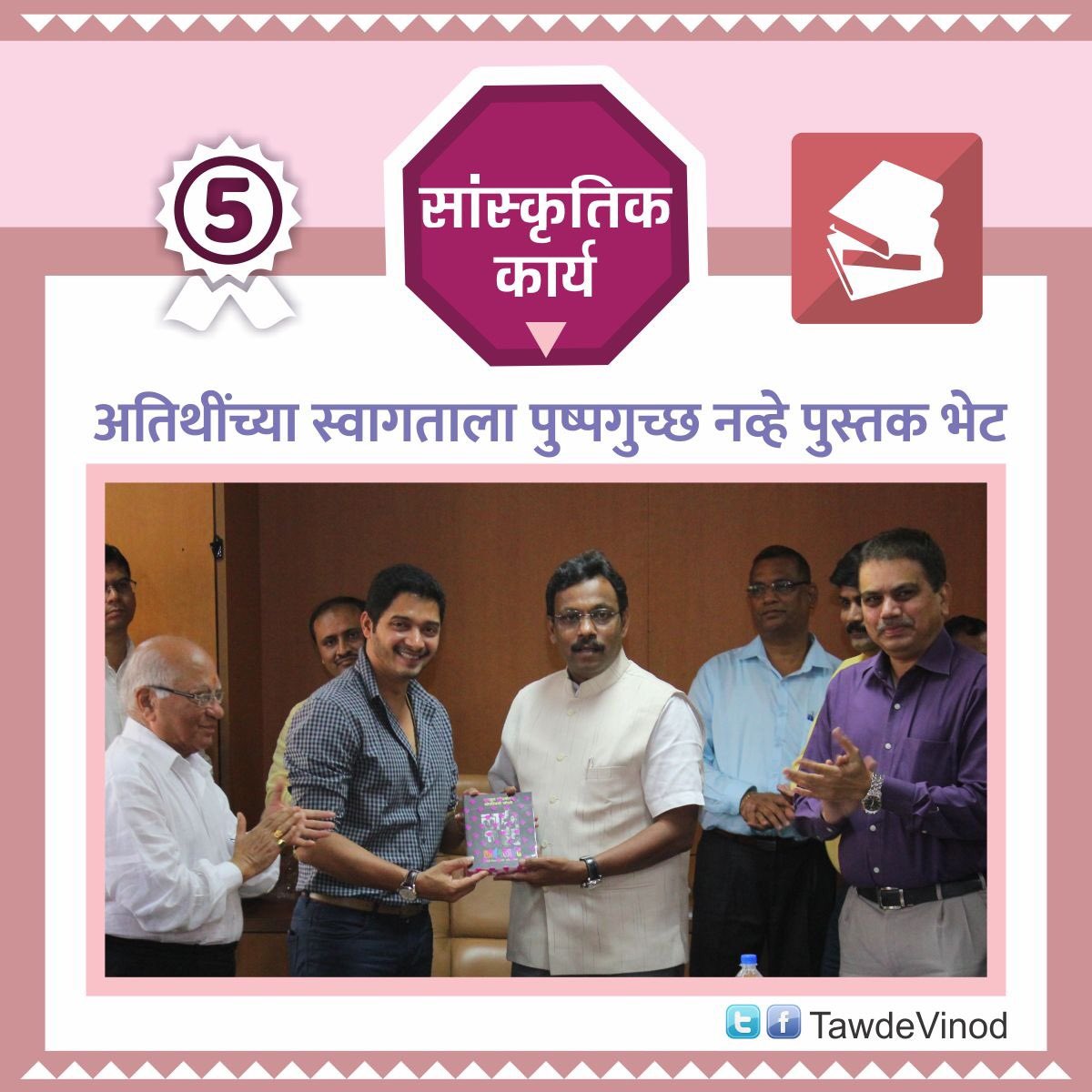Platform will bring credibility and transparency to skills assessment, says firm's global head
TCS iON, a strategic unit of Tata Consultancy Services (TCS), today launched the Skill Hub, a digital platform providing standardized, industry-relevant and digital content at the Automotive Skill Development Council (ASDC) Annual Conclave 2019, in Delhi.
The ‘Skill Hub’ hosted on TCS iON’s Digital Learning platform, is a standardized, anytime-anywhere-any device skilling, training, certification and job listing platform. The automotive sector being the first to on-board this hub, will enable ASDC to skill, reskill and upskill candidates at speed and scale.
“It (Skill Hub) is an important milestone for the country and we look forward to having both academia and industry leverage this digital platform and make skilling mainstream,” said Venguswamy Ramaswamy, Global Head, TCS iON.
Skilling can be paid for through government sponsorship programmes, industry sponsorship or even individual candidates. The quality digital content will focus on industry-relevant subjects, aligned with Qualification Packs (QP) and National Occupation Standards (NOS). The ‘Phygital’ (digital solutions integrated with physical assets) delivery model will ensure fair and inclusive access to the platform.Physical assessments will be performed across 257 TCS locations identified specially for the Digital Hub.
“The Digital Hub was built over the past 18 months and a separate vertical within TCS iON, consisting of a large employee base, focuses on skill training and assessment modules,” Ramaswamy added. The company is now in talks with stakeholders across tourism, hospitality, banking and financial services to provide similar skilling services on the platform.
ASDC supports the Government’s Skill India program and schemes like Pradhan Mantri Kaushal Vikas Yojana (PMKVY) and Deen Dayal Upadhyaya Grameen Kaushalya Yojana (DDUGKY) that seek to enhance the skills of young aspirants to make them more relevant and qualified for employment in the automotive industry.
“This platform will also help to bring additional credibility to programs like PMKVY as it will allow the assessment experts to observe the practical part of the tests in real time on camera,” he said.
TCS iON will also bring ASDC’s training partner ecosystem onto a single platform and will help the Council manage affiliations, enhance quality of delivery, and improve transparency. The ‘Skill Hub’ will host learning content across Sales, Services, and Manufacturing domains in the Automotive sector, as well as focus on multi-lingual learning content, aligned to Industry 4.0 principles.Almost 80% of the skilling requirements in the automotive domain are around services, sales and road Transportation in roles like automotive service technician, sales consultants, showroom hostess/ hosts and vehicle drivers among others.
Source: https://www.business-standard.com/article/companies/tcs-ion-launches-versatile-digital-skills-hub-for-automotive-sector-119072401422_1.html (Accessed on July 25, 2019)



